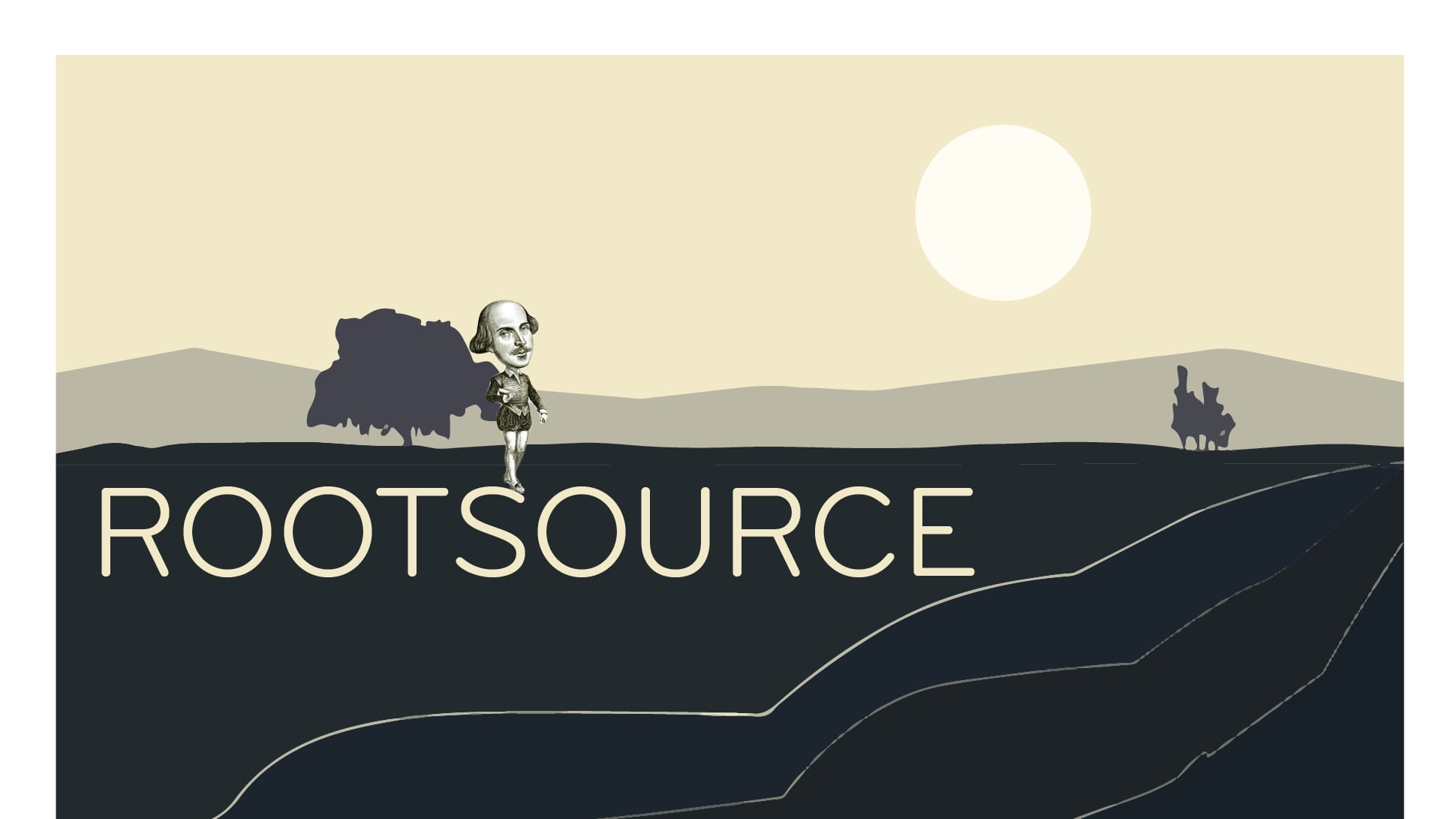America’s oldest dictionary-publishing company “Merriam-Webster” has added 690 new words to their extensive collection. The new array of words come from all over such as social media, television, and modern-slang.
In a press release the publication said “these new additions have demonstrated widespread use over time, and offer a window into the world today.”
If your are a fan of the ground-breaking animated series “The Simpsons” then you are no stranger to the word “cromulent.” Defined by Merriam-Webster as acceptable or satisfactory, the newly added adjective first appeared in the 1996 episode of the hit cartoon titled “Lisa the Iconoclast.” This is the second word to be added from the episode after the publication inducted the verb “embiggen,” to their collection back in 2018.
The adjective “bussin,” is another new inclusion to the historical publication. The word means extremely good, especially delicious or tasty. The term originates from African-American English slang and is typically used when describing how a food tastes.
For example: “Yo, that Doritos Locos Taco was bussin!”
Another slang term that was added was the word “rizz.” The noun means romantic appeal or charm. The word is a modern-day take on the old slang term “game.”
An example of when to use the word would be in regard to a person who exudes charisma not through verbal communication, but through confidence and body language.
An individual who is very skilled at the craft and holds a king-size amount of rizz is considered a “rizzler.”
The word exploded in recent years on social media, especially Tik Tok, as influencers have started conducting “rizz tutorials” and “rizz competitions.”
The word “Simp” is another new addition that grew in popularity through its impact in social media. The word could be used as either a noun or verb and is described as someone (especially a man) who shows excessive concern, attention, or deference towards a romantic partner or love interest. A simp usually does not know the meaning of “pals before gals,” and as a result loses all their friends.
Although the slang term has garnered popularity recently, it is actually a lot older than some may think. The word has been around for decades, dating all the way to 1985 when it was being used in lyrics by rapper Too Short. It was not until a few years ago when a younger audience rediscovered it and began to incorporate it into their everyday speech.
Gen Z even made the term go viral in early 2020 when they started a trend on Tik Tok known as “Simp Nation.”
With this addition from Merriam-Webster dictionary having nearly twice as many entries as the one from last September, one can only wonder, what new interesting words will be added come next fall?
